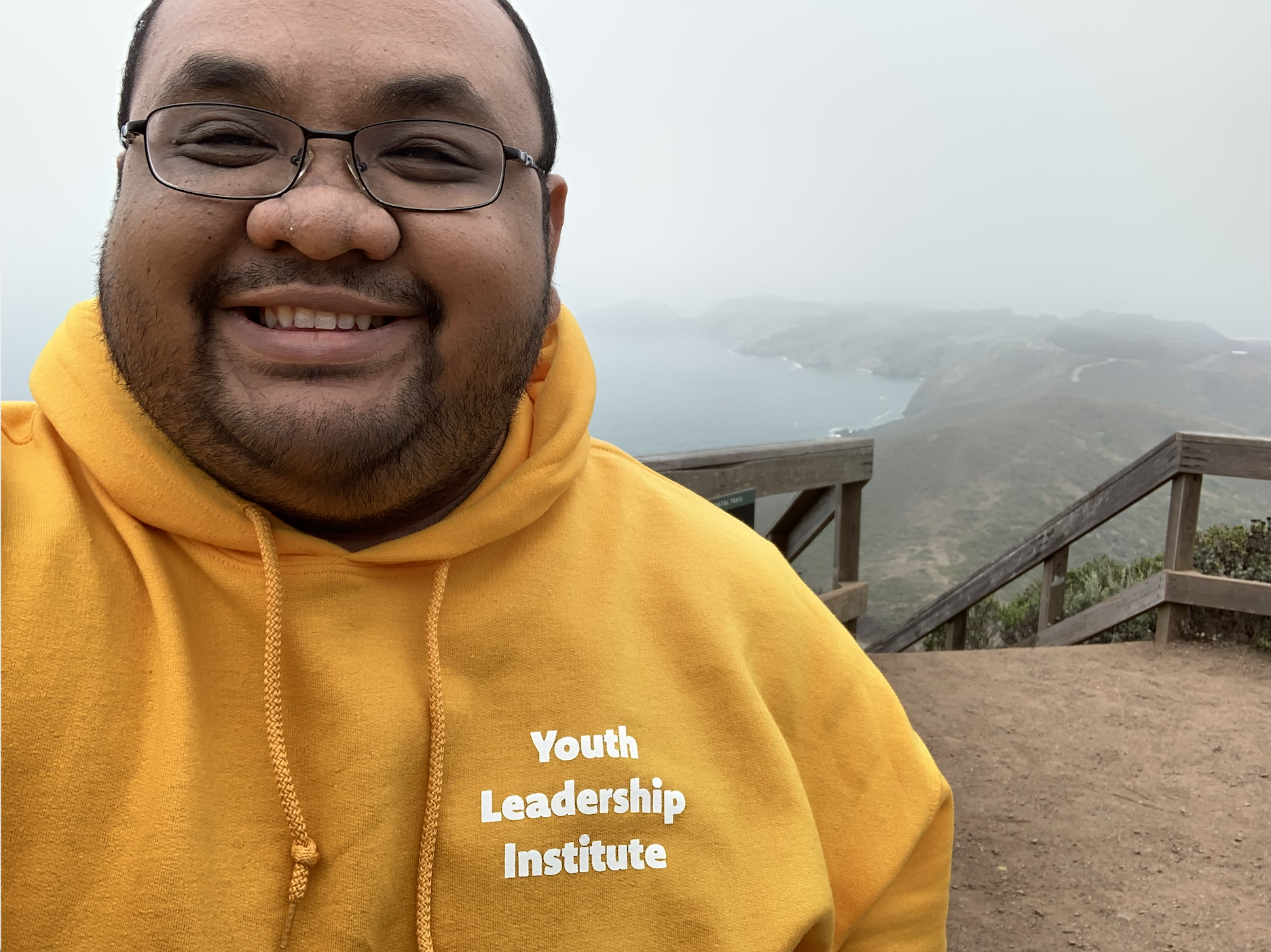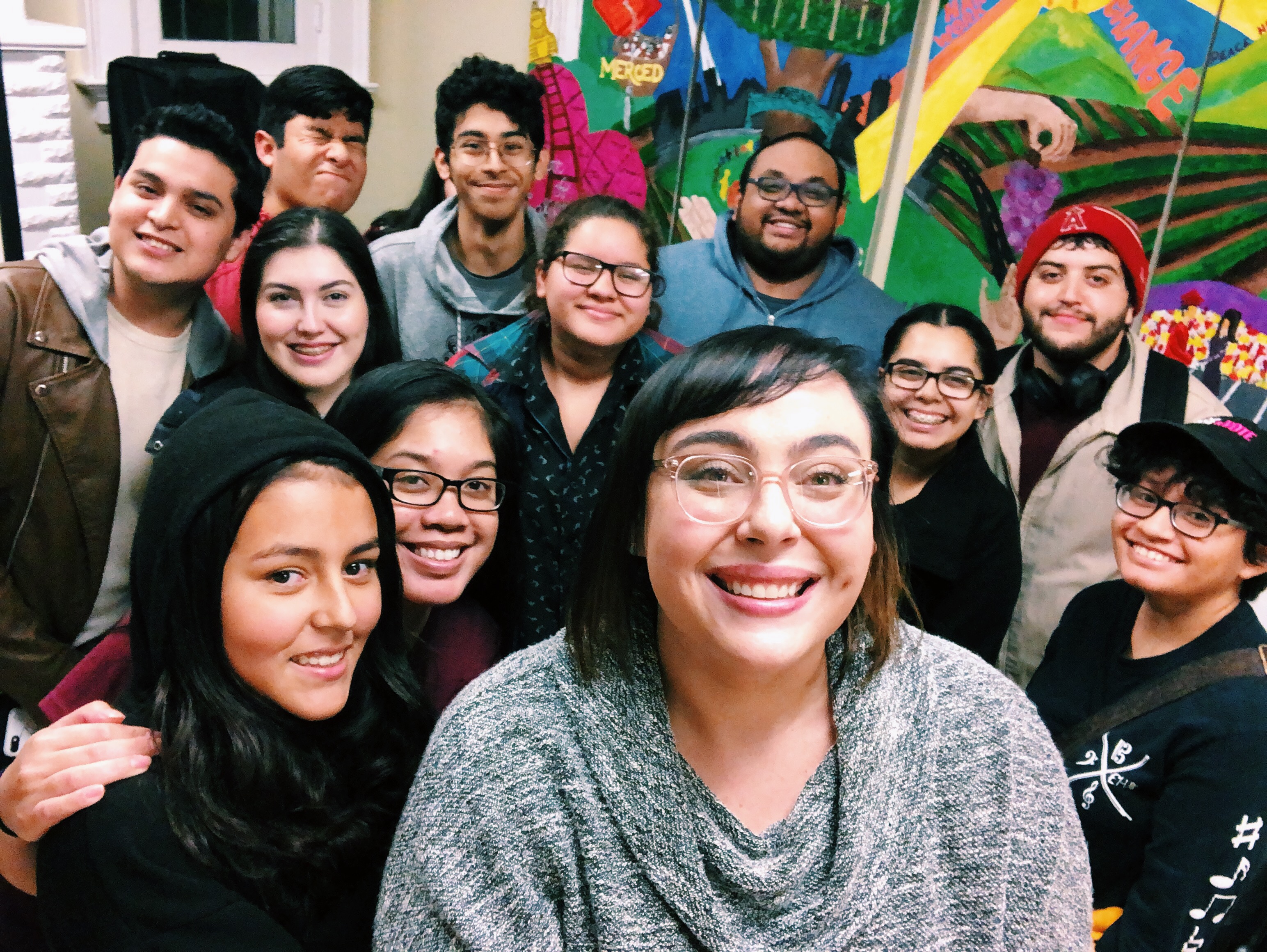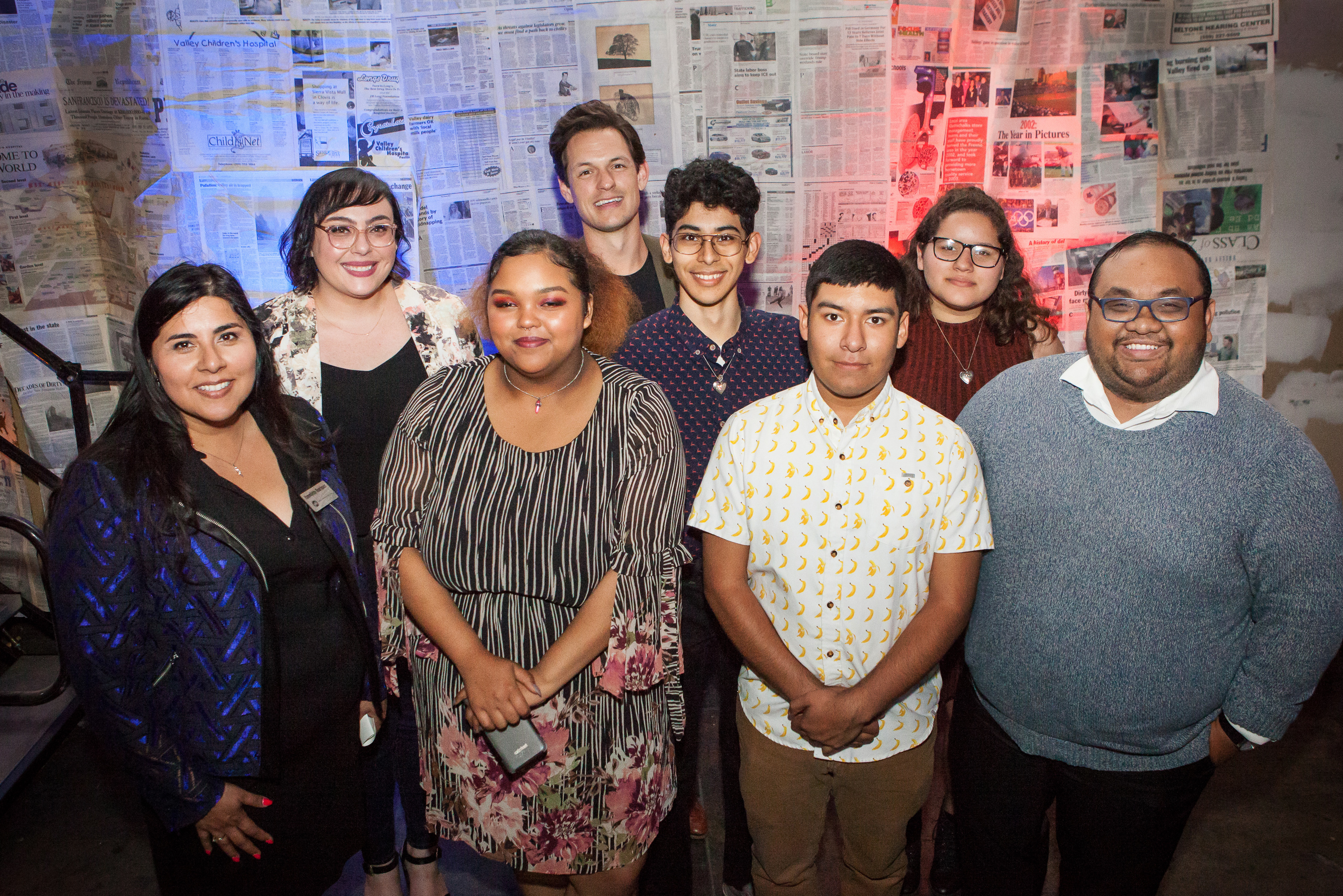Everyone in youth development knows that the first year is the hardest. Youth programming is complex, with many moving parts and partners to deal with. And, despite all the training and prep, standing in front of a room full of youth for the first time can be quite intimidating.
But we do it – we survive and thrive, and come out on the other side with raw and brilliant insights on what it means to work with youth. Following is the first in our series From the Frontlines of Youth Development.

I’m not originally from Fresno. I grew up in Delano, which is a little over an hour from the city. I did my undergrad at Fresno State, and had originally planned to leave after graduation, but I fell in love with the community. The decision to stay was life-changing.
I was very focused on school during the first few years of college. I changed majors a couple of times, trying to find my passion. The truth is, I have many passions – I loved all the majors I tried – but was concerned about the career opportunities that would be available to me once I graduated. Learning about cultures and people has always been very interesting to me. I wanted to go into forensic anthropology, but Ph.D. programs were so expensive that they weren’t an option. The next best thing was history – I wanted to be a teacher, but all the reading and writing took a toll on my mental and emotional health. I began to reevaluate whether I really wanted to spend my time teaching the same thing over and over again.
As I was trying to nail down what I wanted to do, one of my history professors pointed me to journalism. I had always been interested in journalism as a kid. I’ve always been a storyteller – I loved keeping journals, writing down my dreams and creating stories from them. During career days in middle and high school, it was always my first choice. I had thought of it as a dying field and I didn’t want to have to constantly worry about job security, but when I had a chance to reevaluate what I really wanted to do with my life, I realized that it was not just about money, but about doing something you love every day.

When I switched to journalism as my major, I started to get more grounded in the community.
I started connecting with community members and writing their stories, and I fell in love with it. The first story I wrote outside of the classroom was about a young woman from Sanger who was donating a kidney to her uncle who was very sick. She had already left for Washington to go to college, but came back to selflessly help her family. After interviewing with them, they reached out to me to thank me for giving them a platform – they hadn’t imagined that this was a story worth telling since it was so personal. It became clear to me that this was the work I wanted to do.
Tim – who is now yli’s Communications Director – was my journalism professor at Fresno State, and he connected me with The kNOw Youth Media. As the semester progressed, I realized I needed experience outside of what I was learning in the classroom and decided to join. This opened the door to community work. I became a participant in Boys & Men of Color and got involved with other community organizations. I loved what they were doing with young people – the community, the stories – and I wanted to be a part of it. I’ve been grateful for that ever since.
Since I was already in college, I jumped into the program as a mentor. Even with that advantage, I had a lot to learn about multimedia journalism. I was learning alongside my youth – we were learning from each other.
The kind of journalism we do is not traditional – it’s more focused on personal narratives, advocacy and community health. We don’t work in a “newsroom,” and the stories we tell may not be “breaking news,” but the point is to lift up the voices of those who may not have a platform to tell their own stories, which is the essence of journalism.
Last year, I transitioned into a full-time staff member just as Youthwire – the organization that The kNOw Youth Media program was a part of – was being absorbed by YLI. It was a really quick and easy transition because I’d been a participant in the program for awhile. I already had experience with facilitating, programmatic stuff, the ins and outs of coming up with a game plan and recruitment. What was different was the deeper sense of responsibility I felt in terms of my relationship with young people. As a mentor and participant, I was friends with my youth – they were more like peers. As a staff member, I have a different role now, different boundaries that I have to keep in mind. I’ve always had that connection with them where they could come to me with issues with their friends and families. But that role has heightened – I am more of a resource for my youth.

The transition from Youthwire to YLI was a little harder in the sense that we’re not just one program focused on media, but a collective of programs that also focus on advocacy and policy. I’ve had to learn what those programs are about and how they work – and how we can collaborate. Once I found my groove, it got easier. The youth in these programs also have stories to tell, and being one of the media folks, I had to learn more about the programs to understand their stories.
I’ve found that building relationships and connections with people is key to making my programs successful.
We like to start our programs with youth writing their personal narratives – what’s important to them in their lives, and what they’re passionate about – as a way to get to know them better. We work at being creative in the way that we foster these relationships, introducing fun ways for youth to do the work.
It’s different for every program – the connection youth journalists have to our work is different, for example, than the youth working campaigns around substance abuse. But using your voice is important to YLI culture across the organization. The young people have a reason to be doing the work they’re doing, and they each have their own story to tell. If they didn’t have a passion for it, they wouldn’t be involved. The slogan, Use Your Voice, really is the key to our organization.
My piece of advice for people new to youth development is to recognize that, no matter how long you do this work, you will always be learning and growing alongside young people.
We have to listen to them and their concerns, just as much as we do with our colleagues. The youth know what they want for the future, so being able to listen and learn as you mentor is important.
